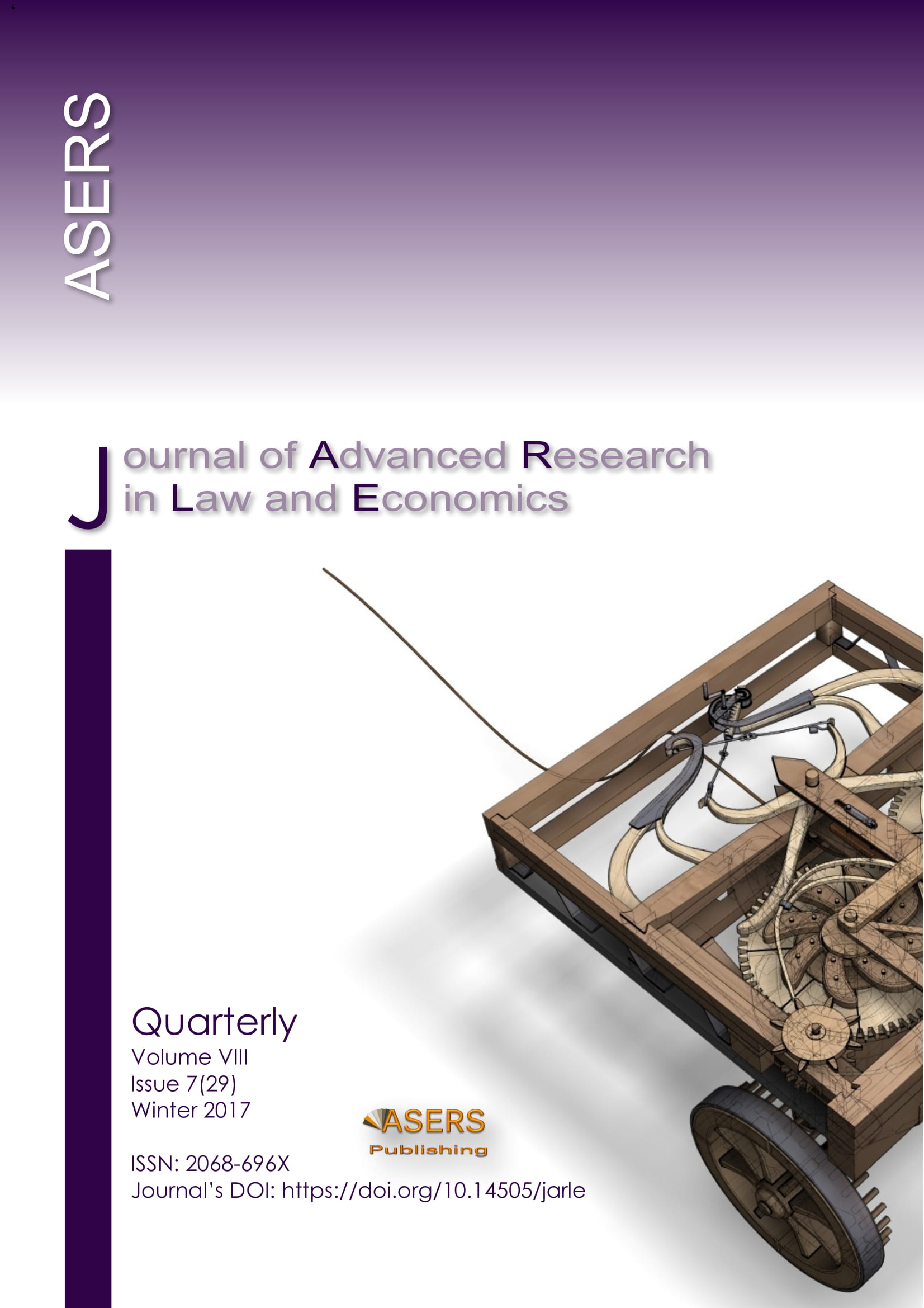Types of Probation under Legislation of the Republic of Kazakhstan and the Problems of their Development
Types of Probation under Legislation of the Republic of Kazakhstan and the Problems of their Development
Author(s): Aliya B. KYSTAUBAYEVA, Oxana Borisovna FILIPETSSubject(s): Law, Constitution, Jurisprudence
Published by: ASERS Publishing
Keywords: probation; punishment; socialization; offender; service; criminal policy;
Summary/Abstract: One of the most relevant and acute problems of the modern legal science in the Republic of Kazakhstan is the creation of national probation model. As for today this element, without which it is just impossible to imagine any modern national system of penal justice, remains quite undeveloped in Kazakhstan and thereby attracts attention of scientists and practicians. Besides, probation is the integrated part of penal justice system of many countries and the result of democratic society development stipulated by almost two hundred years of probation issues elaboration. In the present paper authors set the task of finding out which elements should comprise probation in the Republic of Kazakhstan, defining its development prospects and analyzing positive economic changes in connection with probation introduction. Authors have studied existing legal framework to ground the necessity of introducing of thorough probation mechanism, which implies assurance of society security by correction of convicts and prevention of repeated criminal offences committed by them. It should be noticed that both – the criminal law and the criminal procedure in general – represent one large integral system. And up to date national policy deals with such a component of the system as humanization of punishment. It has been established that the Criminal Code of the Republic of Kazakhstan has introduced a number of new types of criminal sanctions representing an alternative to deprivation of freedom and also provides the possibility of relief from enduring the punishment under conditions that guarantee the convict can mend without it. Authors mention the control for execution of such punishment types is imposed on penal inspection of the State penal service. Therefore, the additional loads on the penal inspection and reorientation of its activities to performance of social preventive functions raise an issue about feasibility of creation of probation service, which would have more legal and social powers and deal with the matters of convicts’ resocialization. Analysis of advanced European countries’ experience demonstrates the execution of alternative punishment types is carried out by specialized state service out of police and prison facilities the probation service.
Journal: Journal of Advanced Research in Law and Economics (JARLE)
- Issue Year: VIII/2017
- Issue No: 29
- Page Range: 2178-2187
- Page Count: 10
- Language: English
- Content File-PDF

